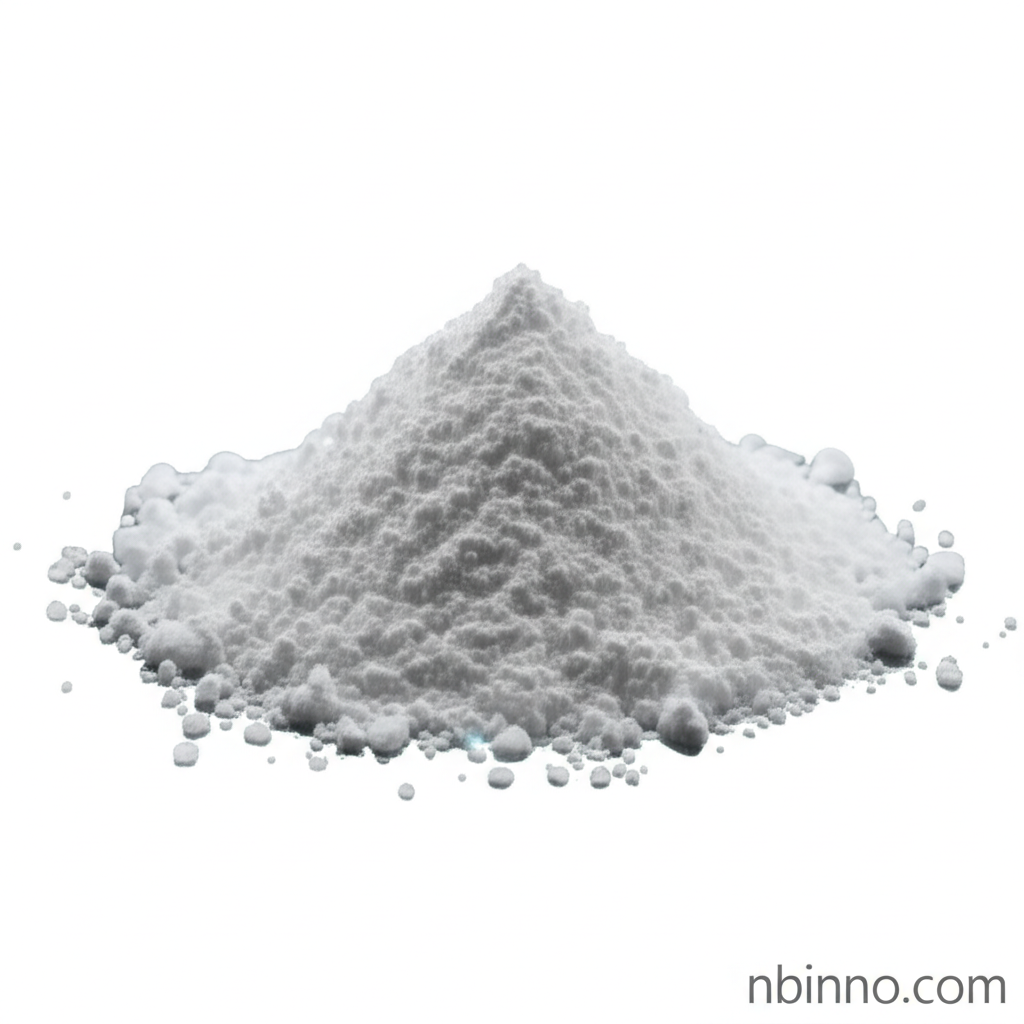1-Phenyl-1,2,3,4-tetrahydroisoquinoline: A Versatile Heterocyclic Intermediate for Chemical Synthesis
Explore the chemical properties and synthesis applications of this vital organic building block.
Get a Quote & SampleProduct Core Value

1-Phenyl-1,2,3,4-tetrahydroisoquinoline
This compound serves as a crucial intermediate in the field of organic chemistry, offering a unique heterocyclic structure for the synthesis of more complex molecules. Its versatility makes it an invaluable component in advanced chemical research and development.
- Leverage 1-phenyl-1,2,3,4-tetrahydroisoquinoline synthesis intermediate capabilities for your novel compound development.
- Discover the applications of CAS 22990-19-8 chemical building block in creating sophisticated organic structures.
- Utilize this heterocyclic organic synthesis intermediate to facilitate complex reaction pathways.
- Advance your pharmaceutical intermediate synthesis projects with this high-purity compound.
Advantages It Brings
Synthetic Versatility
As a 1-phenyl-1,2,3,4-tetrahydroisoquinoline synthesis intermediate, it enables diverse chemical transformations, aiding in the creation of a wide array of target molecules for various research needs.
Research Facilitation
The compound's role as a CAS 22990-19-8 chemical building block is essential for researchers exploring new pathways in organic chemistry and drug discovery.
Potential in Therapeutics
Its structural similarity to MPTP neurotoxin analogues suggests potential avenues for neuroscience research and the development of related chemical entities.
Key Applications
Pharmaceutical Synthesis
This compound is recognized as a solifenacin intermediate, making it a valuable component in the synthesis of active pharmaceutical ingredients (APIs).
Organic Chemistry Research
As a key building block in heterocyclic organic synthesis, it supports the exploration of novel molecular architectures and reaction mechanisms.
Neuroscience Studies
Its classification as a potential MPTP-like neurotoxin analogue makes it a subject of interest for studies in neurodegenerative diseases.
Custom Synthesis
Researchers often require specialized compounds like this for custom synthesis projects, where precise molecular structures are paramount.
